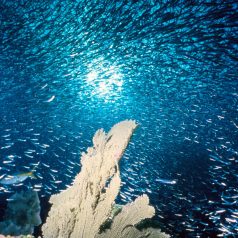
First Legal Roadmap to Tackle Local Ocean Acidification Hotspots
Coastal communities hard hit by ocean acidification hotspots have more options than they may realize, says an interdisciplinary team of science and legal experts. Read more

Coastal communities hard hit by ocean acidification hotspots have more options than they may realize, says an interdisciplinary team of science and legal experts. Read more
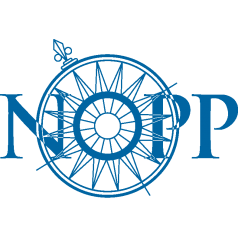
The National Policy for the Stewardship of the Ocean, our Coasts, and the Great Lakes prioritizes nine objectives to address some of the most pressing challenges facing these precious resources. Read more

Experts from the National Ocean Council’s 27 Federal agencies and offices have been busy drafting strategic action plans to achieve nine national priority objectives that address some of the most pressing challenges facing our ocean, coasts, and Great Lakes. Read more

A milestone was reached this spring toward building a strong ocean acidification (OA) research community in the U.S., when the first workshop for U.S. OA researchers was held on March 22-24, 2011, at the Woods Hole Oceanographic Institution. Read more

The National Oceanographic Partnership Program (NOPP) will attend and host an exhibit booth at the 2nd International Marine Conservation Congress in Victoria, British Columbia from May 14-18. Please stop by our booth and pick up a copy of the report on Attaining an Operational Marine Biodiversity Observation Network. Read more
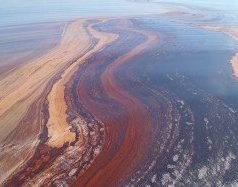
Gulf of Mexico Alliance Contracts Ocean Leadership to help manage the Gulf Research Initiative Read more

Synopsis of Gulf of Mexico Research Initiative Read more
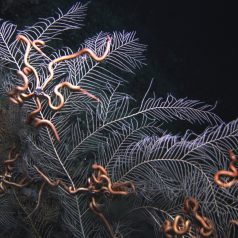
Research Board Requests Proposals to Establish Consortia to Study Effects of Deepwater Horizon on the Gulf of Mexico Read more
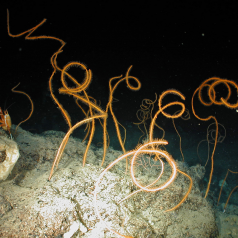
The deepwater coral pictured was taken in the Gulf of Mexico lease block Green Canyon 354 at 525 m as part of the FY 08 NOPP project led by Dr. James Brooks of TDI International, Inc. Read more

The National Oceanographic Partnership Program (NOPP) is pleased to announce the release of the Attaining an Operational Marine Biodiversity Observation Network Synthesis Report. The report is the result of a three-day workshop held at the Consortium for Ocean Leadership to plan for the implementation of a sustainable marine Biodiversity Observing Network (BON). Currently, there is no standardized, coordinated approach to monitoring marine biodiversity, the degree of variation in marine life forms. The report provides a set of recommendations and case studies for implementing a national and global marine BON. Read more